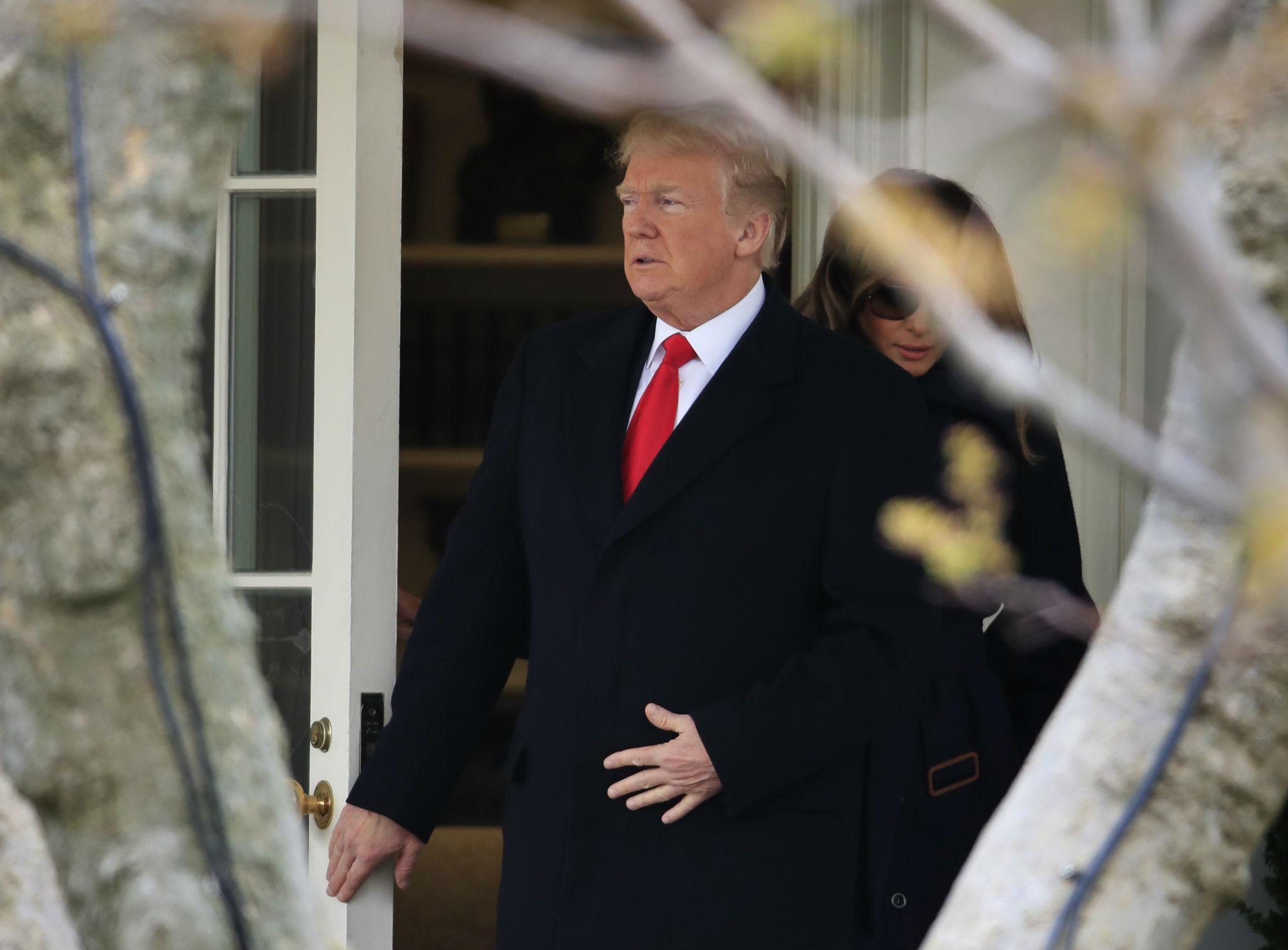Donald Trump bans American use of Venezuelan cryptocurrency in latest sanctions against Maduro's government
The administration also slaps sanctions on four current and former senior Venezuelan officials accused of corruption and mismanagement

Your support helps us to tell the story
From reproductive rights to climate change to Big Tech, The Independent is on the ground when the story is developing. Whether it's investigating the financials of Elon Musk's pro-Trump PAC or producing our latest documentary, 'The A Word', which shines a light on the American women fighting for reproductive rights, we know how important it is to parse out the facts from the messaging.
At such a critical moment in US history, we need reporters on the ground. Your donation allows us to keep sending journalists to speak to both sides of the story.
The Independent is trusted by Americans across the entire political spectrum. And unlike many other quality news outlets, we choose not to lock Americans out of our reporting and analysis with paywalls. We believe quality journalism should be available to everyone, paid for by those who can afford it.
Your support makes all the difference.President Donald Trump has banned all American use of Venezuela’s new cryptocurrency, a step to further tighten financial sanctions against Nicolas Maduro’s government.
The Trump administration said Venezuela’s recently launched cryptocurrency, known as the “petro”, was introduced to skirt US sanctions aimed at punishing Mr Maduro’s government for its “unconstitutional” and “undemocratic behaviour”.
In a separate move on Monday, the administration also slapped sanctions on four current and former senior Venezuelan officials accused of corruption and mismanagement. A senior administration official said the US is actively looking into oil sanctions.
One of Mr Trump’s goals has been to attack the system being used to finance Mr Maduro’s cash strapped government. In August, the administration imposed new restrictions dealing with Venezuela’s access to credit.
Mr Maduro has been on a mission to maintain financing, introducing the petro – the world’s first state-backed digital currency – as a way to “overcome the financial blockade” by Mr Trump that prevents the Venezuelan government from issuing new debt.
The petro is backed by Venezuela’s crude oil reserves, the largest in the world. However, it’s introduction comes as the socialist country sinks deeper into an economic crisis marked by hyperinflation and widespread food shortages.
This month, Mr Maduro said his government had received commitments from investors to purchase $5bn worth of the cryptocurrency during the pre-sale phase that culminates this week.
If those commitments materialize into actual sales, the regime could hit the jackpot at a crucial time when it is struggling to to repay billions in defaulted bonds.
But America will not have a hand in helping Mr Maduro repay his debts using the petro.
Mr Trump’s order prohibits US citizens from dealing in “any digital currency, digital coin, or digital token” issued by Venezuela after 9 January, 2018. The Treasury Department had warned in January that the petro appeared to be an extension of credit to Venezuela and said using it may violate US sanctions.
In its own statement on Monday, the Treasury said it was hitting the four current and former Venezuelan officials with sanctions that freeze any assets they may have in US jurisdictions and bar Americans from doing business with them.
The four include Americo Alex Mata, a director of Venezuela’s National Bank of Housing and Habitat and coordinator of Maduro’s 2013 campaign, Willian Antonio Contreras, the head of the body that oversees price controls in the country, Nelson Reinaldo Lepaje, the head of the Office of the National Treasury, and Carlos Alberto Rotondaro, the former president of the Board of Directors of the Venezuelan Institute of Social Security.
Senior administration officials have said that the goal of the US is to see the Venezuelan government restore its democracy by having free and fair elections, respecting the constitution, and releasing political prisoners.
When speaking at the United Nations last August, Venezuela’s foreign minister Jorge Arreaza said his country was a victim of “fake news” that exaggerated its economic difficulties.
Agencies contributed to this report
Join our commenting forum
Join thought-provoking conversations, follow other Independent readers and see their replies
Comments